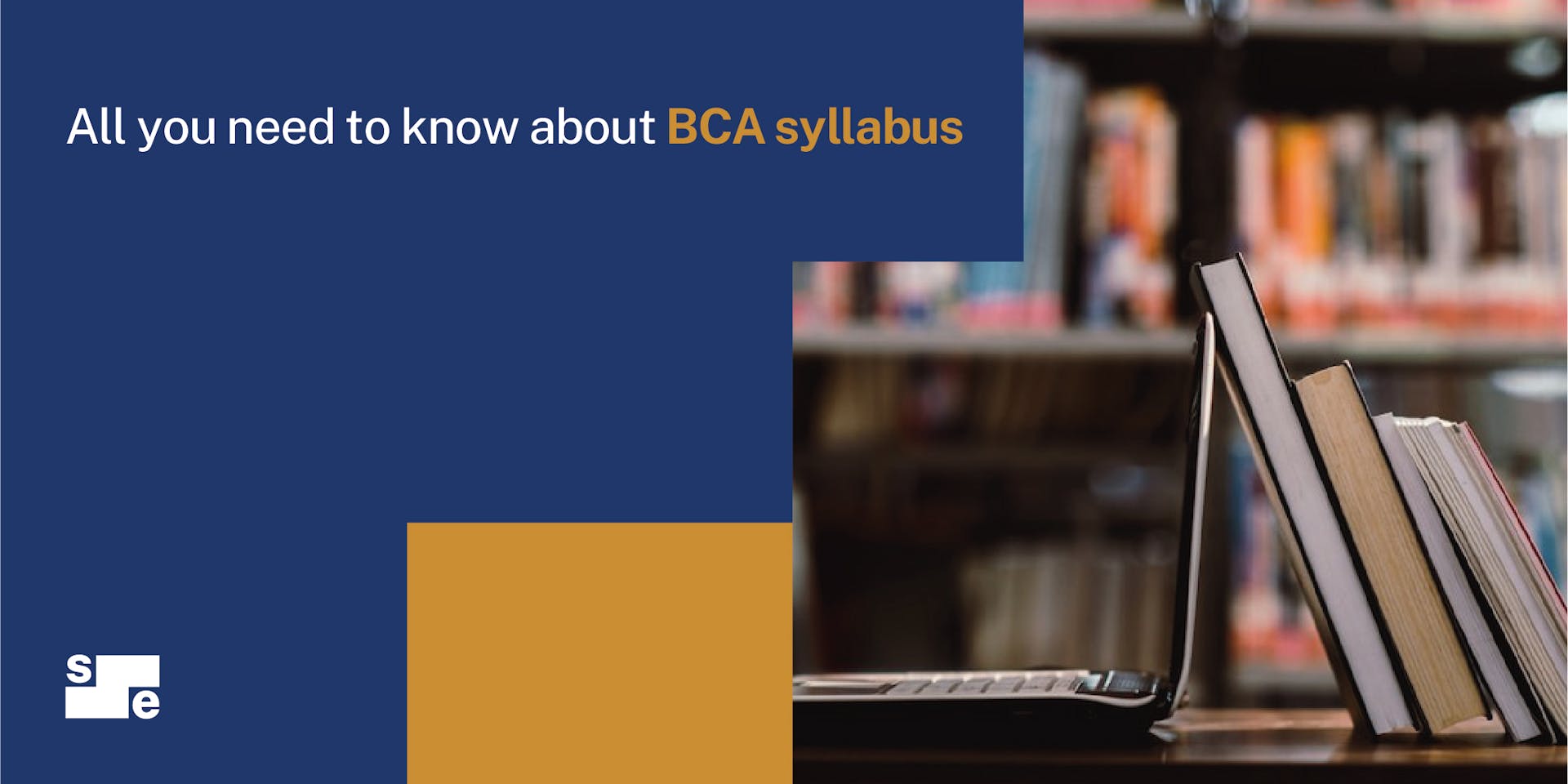5800 students unlocked their dream jobs with UG/PG programs in top colleges. Apply Now!
BCA is a three-year bachelor's degree program in computer applications. This course covers all the core concepts of computers and software use and teaches coding and development in various programming environments. It has six evenly distributed semesters. In this blog, you will learn everything about BCA Subjects, the BCA syllabus and books.
HELP
Take the first step towards your dream job.
ABOUT THE AUTHOR

